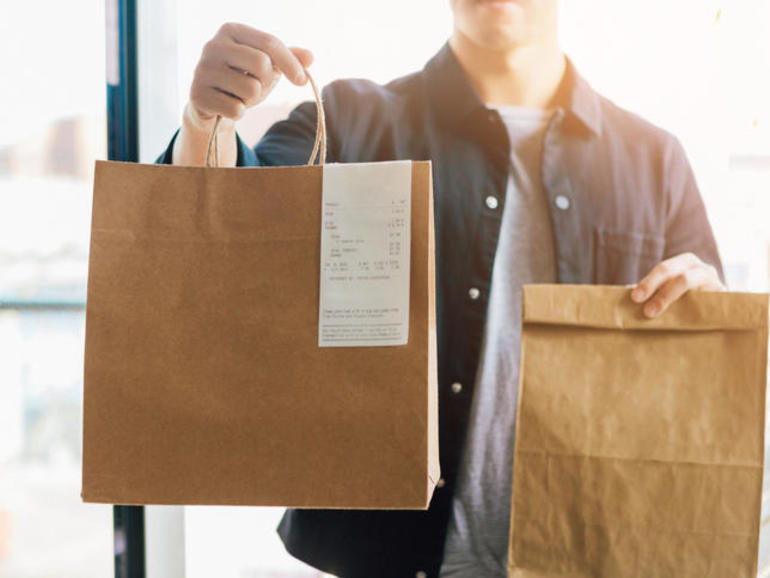The New South Wales government has proposed six possible options of how food delivery riders could potentially be protected if they are injured or killed at work.
The proposal is part of a consultation that is being undertaken by the State Insurance Regulatory Authority (SIRA) into what personal injury insurance options can be introduced by food delivery platforms, such as Uber Eats, Menulog, Doordash, HungryPanda, and Deliveroo, for its food delivery riders.
These proposed options have been outlined in a discussion paper [PDF]. These options include requiring gig platforms to provide personal injury insurance for their food delivery riders; establish a scheme to provide a personal injury insurance safety net for food delivery riders; establish a scheme to provide personal injury insurance modelled on motor accident scheme benefits, such as compulsory third party insurance (CTP), or on workers compensation protections; maintain the “status quo” with increased education and awareness about existing personal injury and income protections; or extend the existing workers compensation scheme to cover food delivery riders by deeming them as “workers” for the purpose of workers compensation.
“We want food delivery riders protected so that they do not fall between the cracks of our existing workers compensation and CTP schemes, and other private insurance arrangements,” Minister for Digital and Customer Service Victor Dominello said.
“We must consider the merits of improving injury insurance for the people in our community who deliver food to earn an income.”
The paper also noted that some of the considerations to help identify the best option include the underwriting and service delivery model, the regulatory and financial impact on the food delivery platforms, food outlets, food delivery riders and consumers, and the level of support afforded to food delivery riders providing gig economy food delivery services.
SIRA is now seeking community and industry feedback on the proposed options. Deadline for submissions is May 28.
“The input gathered through the consultation process will be critical to inform SIRA’s advice to the NSW government,” the state government said.
The paper noted that additional public consultations may be undertaken later this year, to “discuss and consider specific design features of any options identified in the current consultation as preferred options”.
“This consultation is open to all fit-for-purpose solutions for gig platforms that prioritise support for food delivery riders in their hour of need,” Dominello said.
“The food delivery sector is ever-expanding, and we need to find a modern and tailored solution to the issues facing this sector.”
Earlier this month, Menulog announced it would give its couriers access to insurance cover, fair pay, leave entitlements, and superannuation, as part of the company’s plans to shift all its food couriers in Australia from working under a contractor model to an employment model.
In February, federal opposition leader Anthony Albanese vowed that the Labor party would legislate job security, pay, and entitlements for gig economy workers as part of its policy pitch that the party would take to the next election.
“It’s time for a national approach. That’s why a Labor government that I lead will consult with state and territory governments, unions, and industry, to develop, where it is practical, portable entitlements for annual leave, sick leave, and long service leave for Australians in insecure work,” he said.
Labor’s plan to take a national approach to protecting gig economy workers answers calls that were made by the Victorian government back in July when it handed down 20 recommendations as part of the state government’s inquiry into the on-demand workforce.
The New South Wales government set up a taskforce at the end of last year to investigate whether improvements need to be made to enhance the safety of gig economy workers. It was prompted after a series of fatalities that involved food delivery riders occurred over a three-month period.
It is, however, unclear when the taskforce will report back on its investigation.
